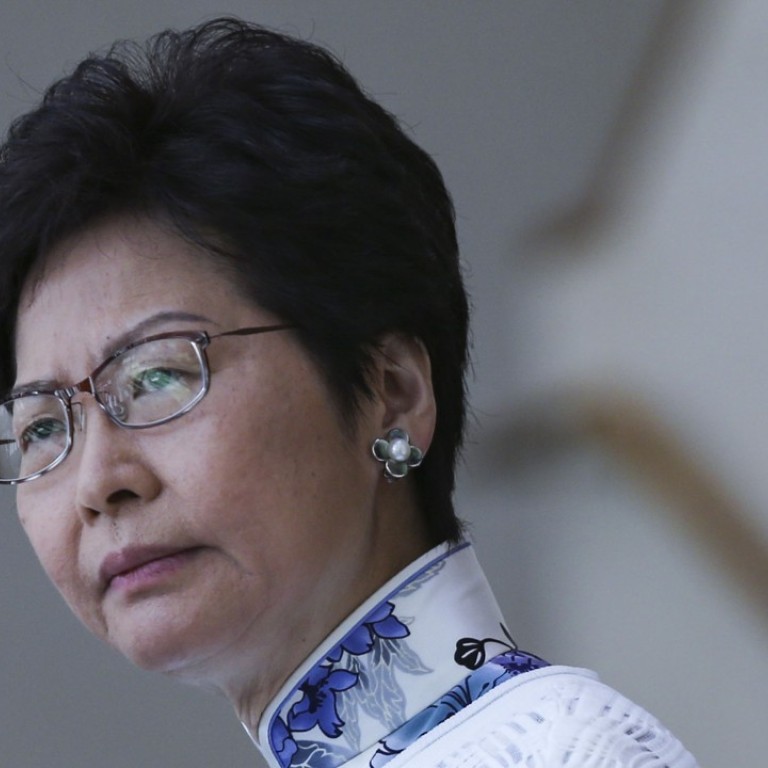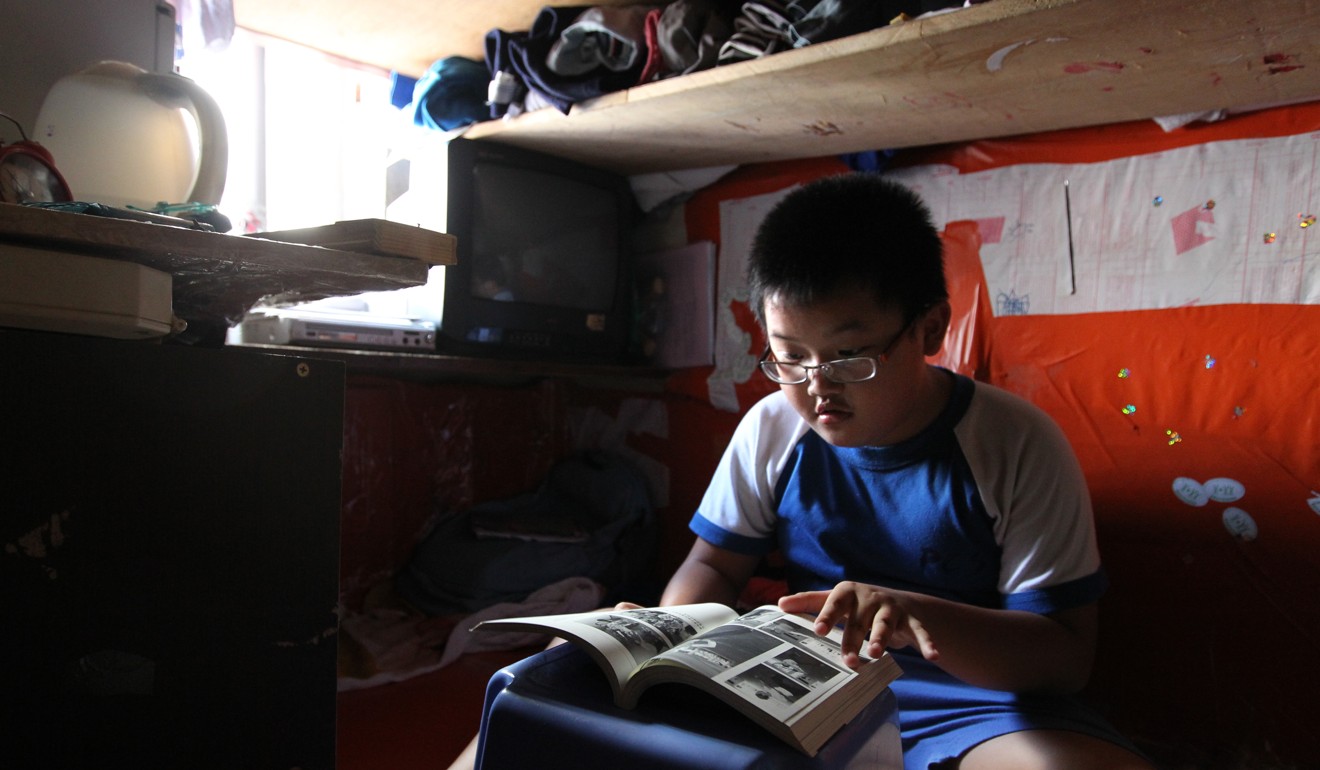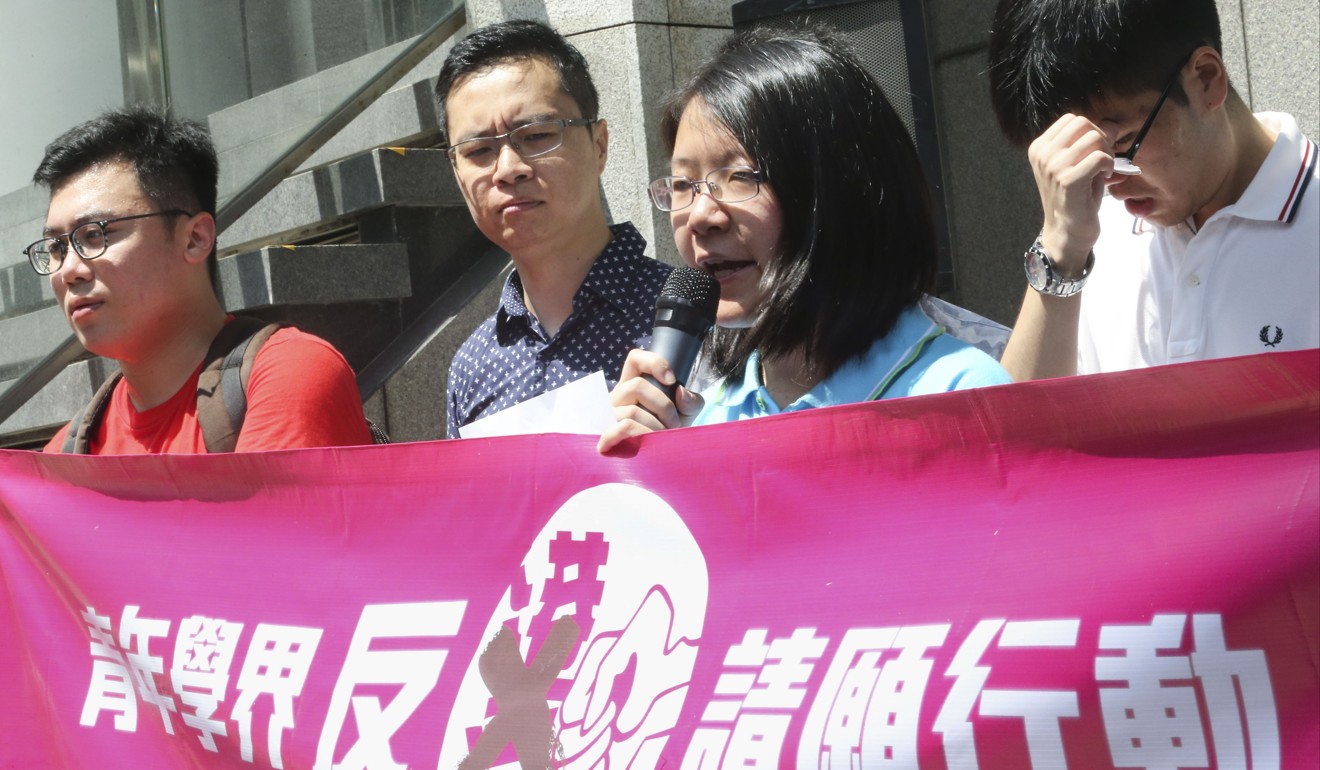
Will Carrie Lam open the door on Article 23 and political reform in her first policy address?
Mike Rowse says while focusing on education, housing and the economy, the chief executive also needs to tackle some thorny issues, and make it clear that independence is a no-go for Hong Kong
Carrie Lam’s focus on affordable housing in Hong Kong will finally help the squeezed ‘sandwich’ class
It should be a source of shame for us all that developers put living spaces of less than 150 square feet on the market and find queues of buyers. Apart from some palliative measures – inviting NGOs to manage shared apartments at reasonable rentals, for example – we really need a breakthrough in securing land that already exists, or can be created, and building homes at prices ordinary people can afford. Imagine the impact on sentiment if the government set a minimum of 500 sq ft for apartments and offered a few thousand per year for sale at construction cost plus a modest margin, say 20 per cent. The ripple through the market could see a restoration of common sense prices.

Nobody comes to office with a completely clean slate, of course, because we are all bound to some extent by what was done – and not done – by our predecessors. Lam is therefore going to have to dip her toe into some shark-infested pools that she would probably rather avoid.
Hong Kong government needs to get tough with rogue pro-Beijing lawmakers and activists, too
First, independence. Repeating mildly what every thinking person knows – independence for Hong Kong is nonsense – will not be enough to satisfy the audience in the north. This is probably the appropriate place to remind our pan-democrats that there is an audience to the north. So, a carefully crafted statement ruling out independence, while trying not to trample all over freedom of speech, is needed.

What holds us back, of course, is the legacy of the way the mission was so badly botched when first attempted in 2003. Will Lam take the plunge and say the job must at least be started in her administration? Under the auspices of a new secretary for justice, perhaps?
Finally, there is no way of avoiding the vexed question of political reform. It is an integral part in the public mind of the other two difficult issues. So Lam will need to strike a careful balance, putting a stop to the childish prattling about independence, and declaring work on national security legislation must begin, while confirming that the door to meaningful reform at both chief executive and Legco levels is very much open. Wish her luck.
Mike Rowse is the CEO of Treloar Enterprises. [email protected]

